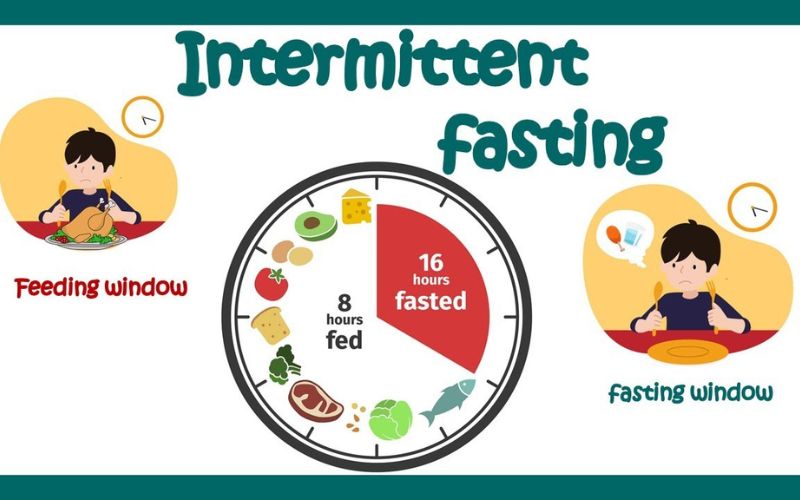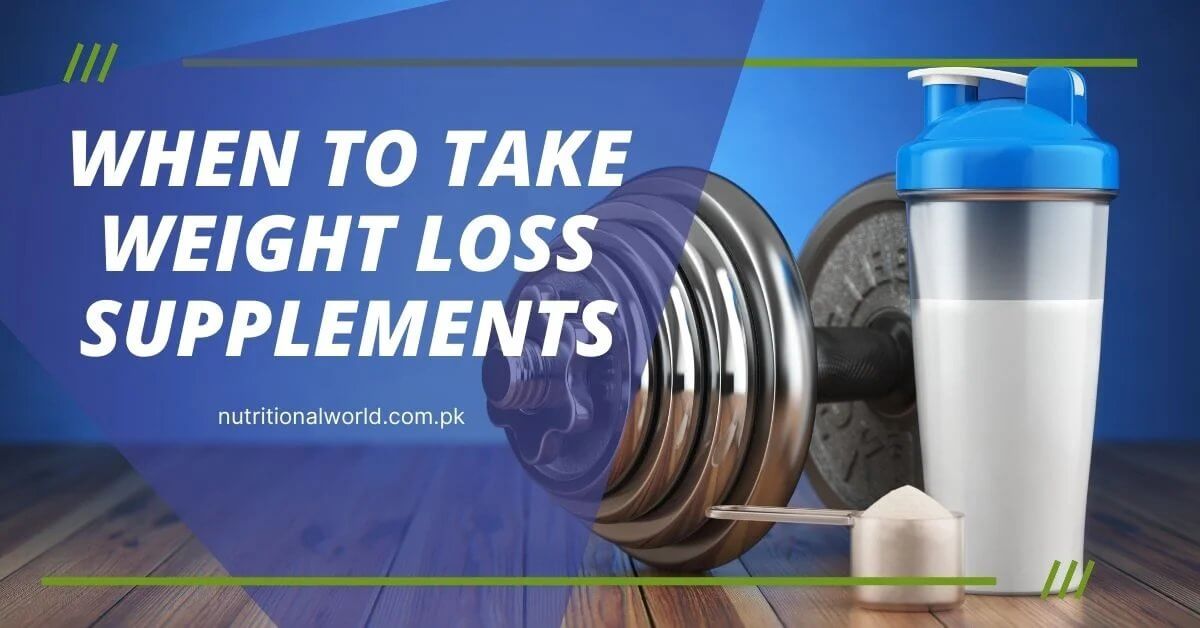Struggling with slow metabolism and stubborn weight gain? Feeling sluggish despite eating right and exercising? You’re not alone. Many people face the challenge of boosting their metabolism naturally. But what if a simple addition like whey protein could rev up your body’s fat-burning engine?
Table of Contents
What is Metabolism: The Body’s Engine
Metabolism is the life force of the body. It’s what keeps us going. Think of it like a furnace constantly burning to keep you energized. It transforms the food we eat into energy. Without it, our bodies would simply stop functioning.
But metabolism isn’t just about burning calories; it’s a complex biochemical process. It’s responsible for regulating everything from digestion to circulation. And, for many, finding ways to naturally boost metabolism has become a focus in health.
A faster metabolism can mean quicker fat burning, more energy, and better overall health. But can specific foods or supplements help? That’s where whey protein steps in.
What is Whey Protein?
Whey protein is the liquid byproduct of milk during cheese production. You’ve likely seen it advertised in health stores. It’s not just a bodybuilder’s secret, though.
- Whey is a complete protein, meaning it contains all nine essential amino acids. It’s easily digestible and quickly absorbed into the bloodstream.
- It has become popular due to its efficiency in muscle repair and recovery. But whey protein is more than just a post-workout shake.
- It’s a powerful ally for anyone looking to enhance their dietary intake. As part of your daily routine, whey can contribute to muscle maintenance and weight management.
How Whey Protein Affects Metabolism
Now, let’s talk metabolism. Whey protein has a unique thermogenic effect, meaning it increases heat production in the body. This effect boosts calorie burning, even while resting.
When you consume protein, your body has to work harder to digest and metabolize it, a process called the thermic effect of food (TEF). Protein has the highest TEF compared to fats and carbs, which means consuming whey can naturally increase your metabolic rate.
Studies suggest that whey can also support muscle growth, and muscle burns more calories than fat. So, the more muscle you have, the more calories you burn, even when doing nothing. Furthermore, whey can suppress the appetite by triggering the release of satiety hormones like GLP-1, which helps you feel full longer.
Timing and Dosage: The Key to Maximizing Whey’s Impact
When it comes to boosting metabolism with whey, timing is everything. Consuming it after a workout can maximize muscle repair.
- This is especially important because muscles are like metabolic engines.
- The more you build, the more you can rev up your metabolism. Ideally, a serving of 20-30 grams post-exercise provides the necessary amino acids for recovery.
- For those not focused on workouts, incorporating whey into meals can still benefit metabolism. A breakfast with whey protein kick-starts the metabolism early in the day.
- It keeps your energy levels steady and reduces unnecessary snacking.
- Consistency in dosage is key, but over-consuming protein won’t necessarily speed up metabolism more. Balance is vital.
Whey Protein vs. Other Protein Sources: A Comparative Analysis
Whey is not the only protein supplement on the market. Casein, soy, and plant-based proteins all have their place. However, whey stands out because of its rapid absorption and rich amino acid profile.
Casein, for instance, digests slower, making it better suited for overnight muscle recovery. On the other hand, soy protein is a plant-based option with a similar amino acid profile, though it may not have the same thermogenic effect as whey.
Each protein has its benefits, but when it comes to metabolism, whey holds a slight edge. Its quick digestion and thermogenic boost make it a prime choice for those seeking metabolic efficiency. It may not be a miracle supplement, but when paired with a balanced diet and exercise, it can certainly support your body’s natural metabolic processes.
Conclusion
In conclusion, whey protein does more than just fuel muscles. It plays an essential role in supporting and even boosting your metabolism. Whether you’re an athlete or just looking to improve your overall health, whey protein can be a useful tool. The key lies in understanding your body’s needs, timing your intake, and maintaining consistency.


























